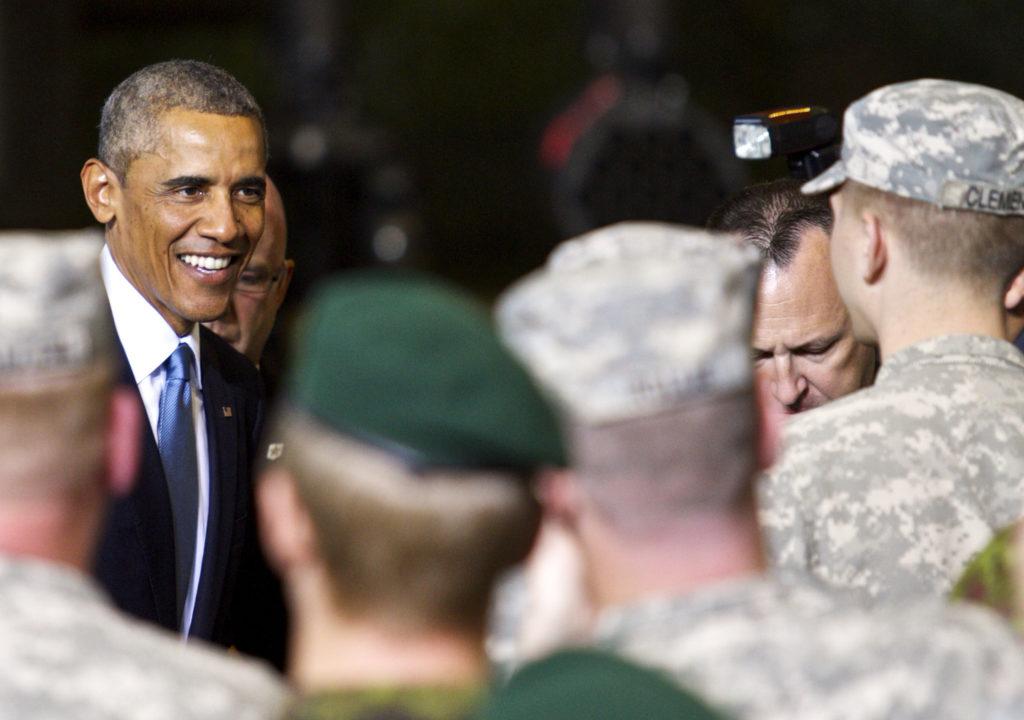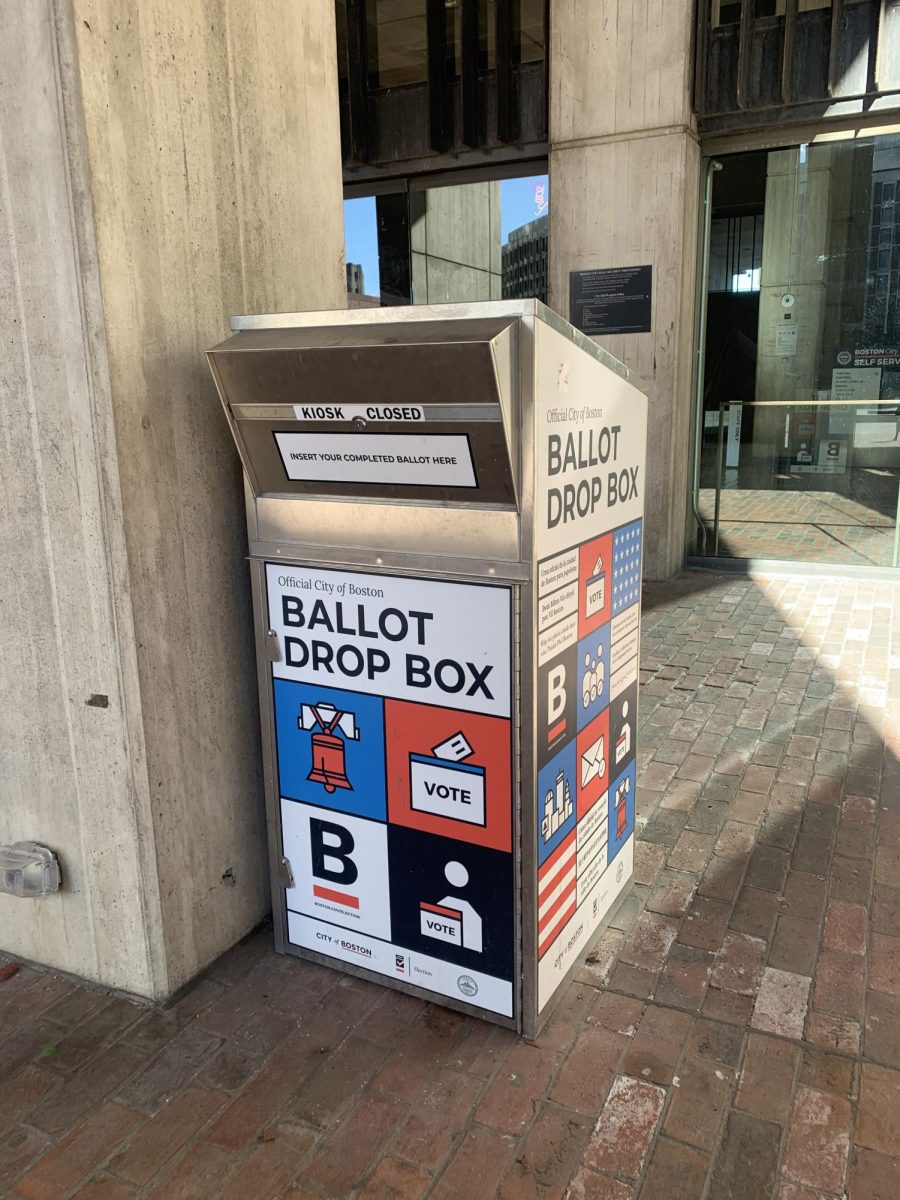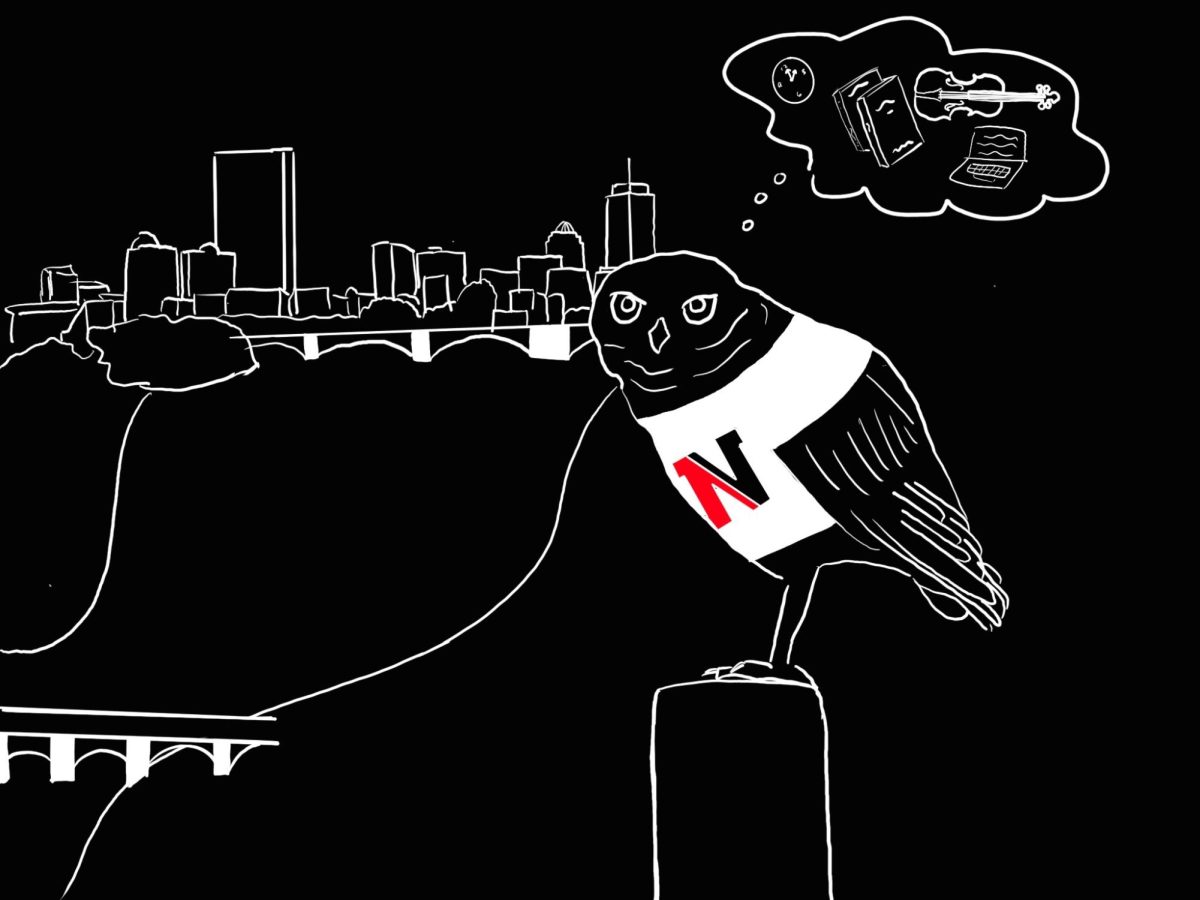By Juliana McLeod
On Sept. 19, a man scaled the White House fence before jumping over it and running toward the residence. It was not until he made it inside that security was able to stop him. The incident has made headlines of The New York Times, Washington Post, Chicago Tribune and more, as the breach questions the capabilities of the Secret Service.
After a quick online search of this man, Omar Gonzalez, I came across a New York Times article that delves into Gonzalez’s questionable past. In the first paragraph of the article, “White House Intruder’s Past Raises Concern,” reporters Michael Shear and Michael Schmidt explain that Gonzalez was arrested over the summer with “a mini-arsenal of semiautomatic weapons, a sniper rifle and a map clearly marking the White House’s location.”
But that wasn’t all. Shear and Schmidt also mention that Gonzalez was stopped in August in front of the White House while carrying a hatchet. After the most recent episode, police found ammunition, hatchets and a machete in Gonzalez’s car.
Needless to say, I have read two paragraphs about this man and am fully aware that I never want to find myself alone in an alley with him.
Nowhere in the article is there any mention of post-traumatic stress disorder, or PTSD. Gonzalez’s ex-stepson told CNN that Gonzalez has PTSD and suffers from paranoia, after serving three tours in Iraq.
I understand that a man whose car is found packed with weapons is on the Secret Service’s radar as a potentially dangerous man, and with good reason. In response, the Secret Service is looking into ways to prevent anything like this from happening again, including placing yet another barricade in front of Obama’s abode, according to the New York Times article.
Did anyone ever think about helping Gonzalez? Or preventing an event like this by not allowing soldiers to get to this point?
It is unfair not to support a man who has served this country. Gonzalez flew to Iraq for the White House. He served three tours for the White House. He developed PTSD as a result of serving the White House.
Now, Gonzalez is in custody because of the White House.
Instead of marking already-paranoid Gonzalez as a threat to the US, the government should help him overcome his PTSD. Perhaps it could set up therapy for Gonzalez, who was living out of his car, said his ex-stepson.
It is not a big, dirty secret that Gonzalez is suffering from something larger than incarceration. His reason for jumping the White House fence was because he had to inform the president that the atmosphere was collapsing. This is not exactly a common customer complaint.
In the New York Times article referenced earlier, Julia Pierson, director of the Secret Service, mentioned that a large portion of the people that the Secret Service deals with “exhibit signs of mental illness.”
Apparently, helping these people and further preventing a development of illness is too much to ask for. Instead, the Secret Service will build upon the barricades that enclose the White House perimeter until another mentally unstable person figures out how to get through them.
For now, Gonzalez may be receiving the therapy he needs. From a jail cell.
Photo courtesy Creative Commons.














